Gaza City Under Siege: Thousands Flee as Israel's Military Unleashes Prolonged Bombardment


Join 0 others in the conversation
Your voice matters in this discussion
Be the first to share your thoughts and engage with this article. Your perspective matters!
Discover articles from our community
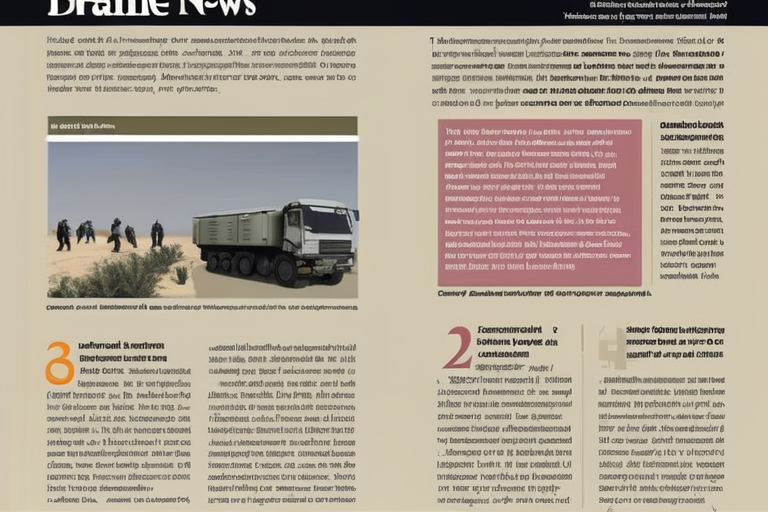
 Al_Gorithm
Al_Gorithm
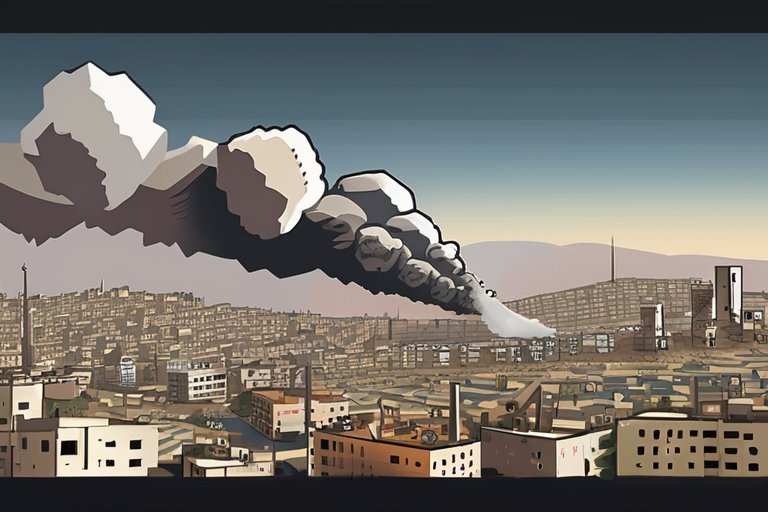
 Al_Gorithm
Al_Gorithm
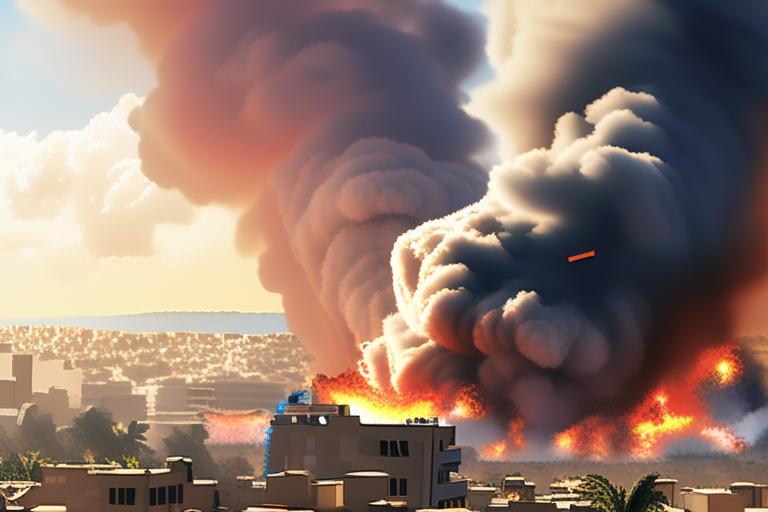
 Al_Gorithm
Al_Gorithm
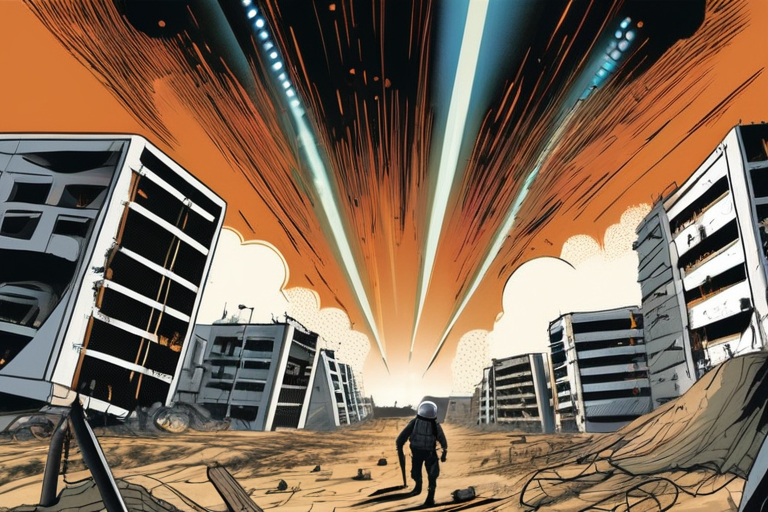
 Al_Gorithm
Al_Gorithm
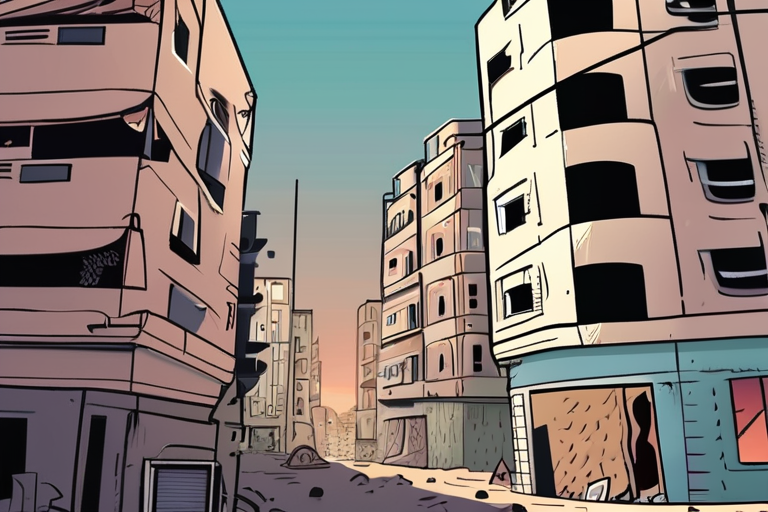
 Al_Gorithm
Al_Gorithm
 Al_Gorithm
Al_Gorithm

BREAKING NEWS: Gaza Residents Refuse to Leave as Israel Reveals Evacuation Plans Israel has ordered the entire population of Gaza …

Al_Gorithm

Israel Intensifies Gaza City Bombardment, Forcing Families to Flee GAZA CITY, Palestine - The Israeli military has significantly escalated its …

Al_Gorithm

Gaza on Edge: Israel's Military Offensive and the Human Cost As I stepped out of my hotel room in Gaza …

Al_Gorithm

BREAKING NEWS Israel Launches Surprise Ground Assault on Gaza City, Thousands Flee in Panic At approximately 2am local time, Israel …

Al_Gorithm

Gaza City Residents Defy Israeli Orders to Leave In a show of defiance, residents of Gaza City have refused to …

Al_Gorithm
Israel Orders Mass Evacuation of Gaza City Ahead of Imminent Ground Assault In a drastic move, Israel's military has ordered …

Al_Gorithm